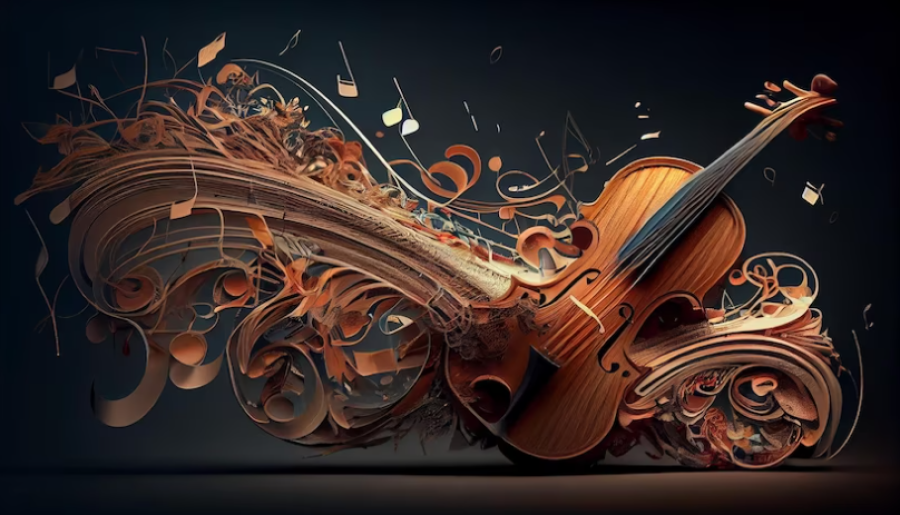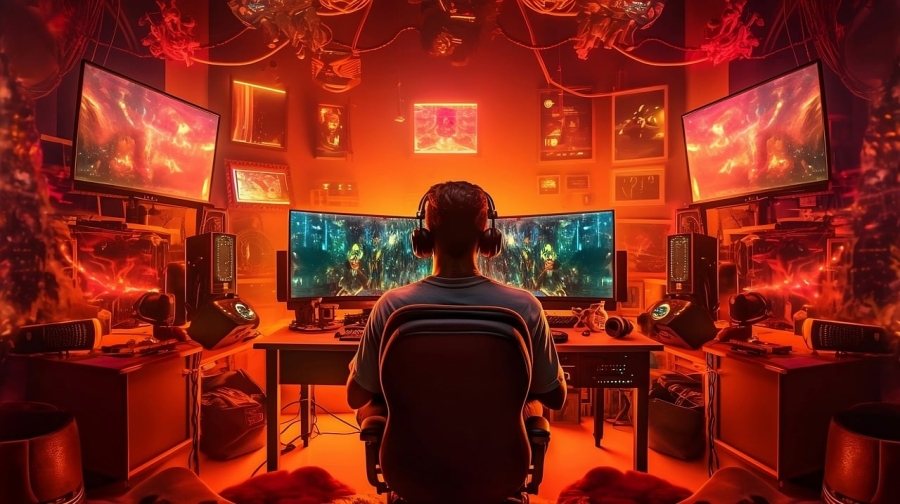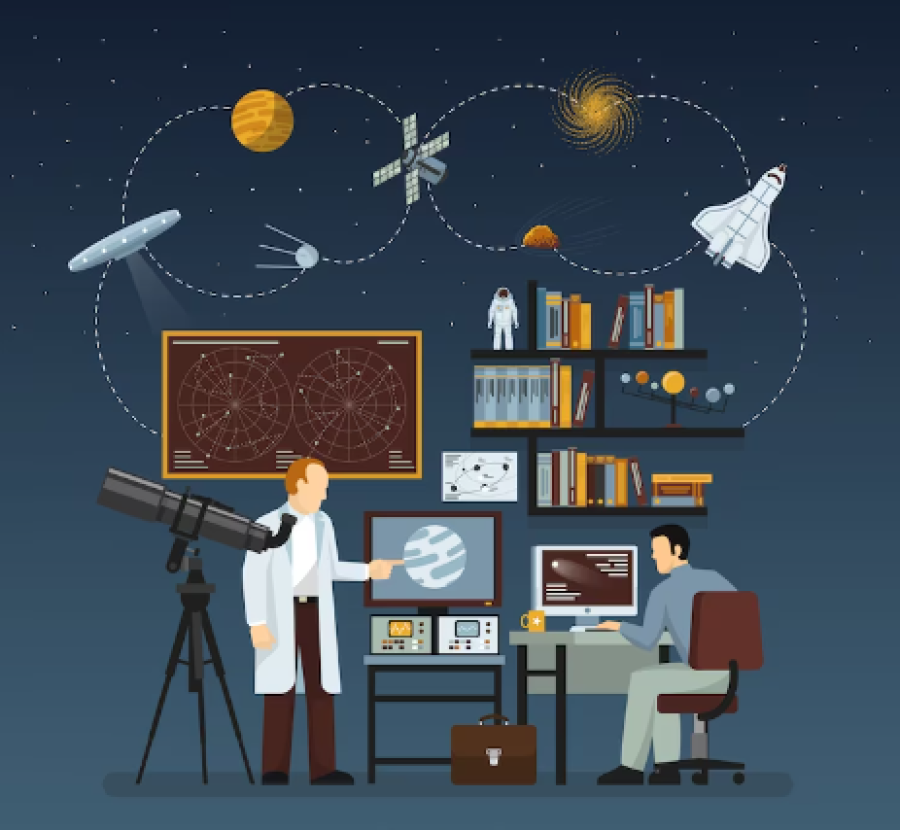The Symphony of AI: Exploring the Harmonious Blend of Music Composition and Artificial Intelligence
Music, with its ability to evoke emotions and transcend boundaries, has been a timeless form of artistic expression. In the 21st century, a new partner has joined the stage – Artificial Intelligence (AI). The fusion of AI and music composition is not only redefining the creative process but also challenging our notions of what's possible. In this blog, we delve into the captivating world of AI in music composition, exploring AI-generated melodies, composition tools, and the profound implications for the music industry.
1. AI's Creative Composition: Crafting Melodies from Algorithms
The marriage of AI and music begins with the generation of original compositions. AI algorithms, fueled by massive datasets of existing music, analyze patterns, harmonies, and structures to create new melodies. These compositions may span genres, from classical to electronic, demonstrating the adaptability of AI in mimicking human creativity.
AI-generated music is not limited to replicating existing styles; it can blend elements from multiple genres, resulting in compositions that push the boundaries of conventional sound. While AI-generated music often starts as a mathematical arrangement, the emotional impact it creates is astonishingly human.
2. Compositional Collaborations: Musicians and AI as Creative Partners
AI isn't replacing musicians; it's collaborating with them. Composers and artists are using AI tools to spark creativity, experiment with musical ideas, and gain fresh insights. These tools can suggest chord progressions, harmonies, and melodies, serving as a virtual creative partner that pushes artists to explore uncharted musical territories.
Platforms like Amper Music and OpenAI's MuseNet provide musicians with the means to compose and experiment collaboratively with AI, enabling a synergistic blend of human emotion and AI precision.
3. The Industry Impact: Revolutionizing Music Creation
The implications of AI in music extend beyond composition, resonating throughout the music industry. AI algorithms can analyze trends, predict hit songs, and assist in crafting commercially successful tracks. This newfound ability to predict musical trends empowers artists, producers, and record labels to make informed decisions and enhance their creative output.
AI's impact is evident in personalized music recommendations on streaming platforms, introducing listeners to new sounds and artists aligned with their preferences. This not only boosts artist visibility but also enriches the musical experience of consumers.
4. Ethical and Aesthetic Considerations
As AI-generated music becomes more prevalent, ethical considerations arise. The distinction between human and AI-generated compositions blurs, raising questions about authorship and originality. There's an ongoing debate about whether AI-generated music deserves copyright protection or whether it's a collaborative effort between the AI and the user.
Additionally, there's an aesthetic aspect to consider. Does AI-generated music possess the same emotional depth as compositions created by human artists? Some argue that the human experience cannot be replicated, while others find the emotional impact of AI-generated music equally resonant.
Conclusion
The partnership between AI and music composition opens doors to new creative possibilities, challenging us to rethink the boundaries of human expression. AI-generated melodies, collaborative tools, and music industry implications all showcase the transformative influence of AI in the realm of music. As we embrace this harmonious blend of human and artificial creativity, the future of music composition becomes a symphony of limitless potential and boundless innovation.






Comments (0)